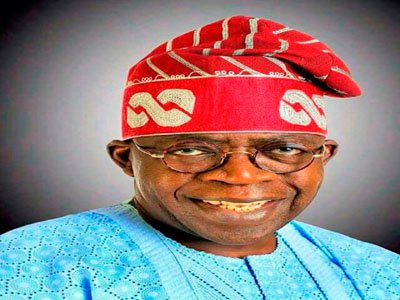
Asiwaju Bola Tinubu has, undeniably, earned the distinction of being an enigma in the politics of the 4th Republic. Admirers and hailers love him with passion. Critics and wailers detest him to the marrow. Love him or hate him, however, you cannot deny him his place in national politics since the turn of the century.
From his courage to stand against federal might and a presidential mockery of the rule of law, to his dogged struggle for electoral reform, to his persistent effort to form strong coalitions across geopolitical zones, Tinubu is one of the major architects of what is turning out to be a strong two-party system in the country. If we look back at our political history from the first republic to now, when partisan politics meshed with ethnic rivalry, how far we have come is no mean achievement.
We have come a long way from three regional political parties, AG, NPC, and NCNC, none pretending to speak for the entire nation even though each had a modicum of membership in various regions. The Second Republic did not fare much better, though NPN claimed a stronger national presence than UPN, ANPP or PRP. The 3rd Republic had a militarily imposed two-party system, but we know how that ended. The 4th Republic also started on the same foot, with PDP having more national spread than AD or APGA.
Of course, there is still worrisome division. The pertinent questions are: what is the nature and cause of our division? How might it be handled? Structurally? Institutionally? Are leaders doing their best to overcome our division? Exploring these issues is not only a fitting tribute on this his special day, it is also in keeping with the birthday boy’s well-known penchant for deep reflection.
Our division does not start today or in 2015. It even predates 1999. It goes back to the dawn of colonialism and the strategic interest of the colonizers in a divided country. They sold us the dummy of a Muslim North and a Christian South despite evidence to the contrary. And we played along, always quick to see the peck in the eyes of the “other” while feigning ignorance of the beam in ours.
We politicized ethnicity and religion beyond reason to the detriment of national integration and national unity. Going by where we were in 1960 compared to our present, it is not out of place to conclude that we are far more disunited. We started off as if we were three countries in 1960. Now it is as if we are more than six nations with each zone in destructive competition with the others.
But ethnicity is not the worst of our problems. In 1960, we didn’t have mega churches and mega mosques fanning the embers of religious fanaticism. And just as it is with political fanaticism and thuggery, religious fanatics also have their own foot soldiers whose job is the pursuit of revenge on behalf of their God.
What they will never explain to us is why an omnipotent God needs the help of mere mortals to avenge his enemies. But I assume too much already. Didn’t one half of the clan tell us that Western education, which has championed global technological progress, is a sin, and the other half that we cannot trust our wisdom because it is foolish? Yet neither has jettisoned the products of technology and human wisdom.
But I digress. On the task of bridging our division, it matters whether we have a national leadership from all sectors-ethnic, religious, business, professional- which (a) is fully invested in the task, (b) does not prioritize an egoistic, sectional, or sectarian agenda, and (c) does not itself include divisive members.
Politics is by nature divisive. Even if, following Mwalimu Nyerere’s well-founded aversion to multiparty system, we adopt a one-party democracy (an oxymoron) or a no-party system, divisions cannot be wished away for the obvious reason that, in contemporary jumbo states, direct democracy is not a feasible option. But representative democracy requires choice of representatives, and choice of some among many defines division.
Incidentally, selfless leadership, imbued with the national spirit, with a focus on a legacy, creates strong institutions, which drive the procedure for and the outcome of choice. To some degree, the last time we had that kind of leadership was during the struggle for independence. It didn’t last because division quickly set in.
We do not now have strong institutions because we lack the leadership needed to create them. We now complain about INEC’s performance. We forget that between 1999 and 2011, elections at all levels were declared as a do-or-die affair from the highest office of the land. With neither PVCs nor card readers, results were just written and declared. With INEC Chairs and Commissioners appointed by the President, they were at his beck and call. Of course, candidates who felt wronged approached the courts; but the system was largely rigged against them. Division is further entrenched by perceived injustice at the polls.
With the presidential system of government, we have a winner-takes-all structure. While a president with a focus on national unity will use the position to ensure a fair and balanced attention to all sections of the nation, there is no guarantee that every president will have this focus. Therefore, again, strong institutions matter to reduce the risk of fair distribution and just allocation succumbing to the frailties of human nature that favor sectionalism.
Finally, we have a penchant for crude rudeness, name calling, and ethnic stereotyping, which are the bane of national unity. After almost sixty years of legal nationality, we are anything but a genuine nation with common aspirations, common sense of historical traditions, and common consciousness of belonging. Our founding fathers adopted a federal constitution to allay the fears of various units and ensure cultural democracy while moving the country to higher levels of governance. But with the bastardization of federalism, we now appear to be one nation only in name.
Whatever wrong one section experiences, it automatically blames on the others. We have moved from a united front to finding solutions to our challenges. There was a time when cross fertilization of ideas prevailed even in bitter political contests. In the late 50s and 60s, despite regionalism, every regional leader focused on education as the best means to development. They learned from one another’s success or failure. Now, this kind of cooperation is limited to zones and hardly does one zone interact with the others. Where would this lead us?
Bitter partisanship appears to have taken over from ethnic rivalry even though there are still undercurrents of the latter in our party affiliations. Last year, when former President Obasanjo dismissed both APC and PDP, and floated the idea of a new organization, the Coalition for Nigeria Movement (CNM), we thought he was up to something innovative. He was going to build a new movement that could bridge our division. CNM attracted a lot of takers, adopted a political party, ADC, only for Obasanjo to abandon it and support Atiku, the PDP candidate. That inexplicable move killed the hope of millions for a new beginning.
Let me round up on the note that I started with. Tinubu’s proclivity for strategic thinking, his courage, and his untiring efforts to work across the divides of ethnicity and religion to build strong coalitions are commendable traits of leadership. That PDP finally had a serious opposition in 2015 is what Tinubu’s bitterest enemies must give him credit for.
With two strong parties, we will soon begin to see differentiating ideologies. Indeed, the difference in their outlook is already starting to show. While APC favors using the assets of the nation to build wealth for the nation and distribute fairly through social investment programs, PDP would rather privatize those assets and enrich the friends of the party. Parenthetically, Atiku just congratulated Trump for his “exoneration” by Muller. We would not be at this stage if we still had regional or zonal parties competing hopelessly with PDP. For this, we have Tinubu to thank.
Happy Birthday, ABAT. Igba Odun, Odun Kan.
You may be interested

AFCON 2025Q: New Boy Osho, Iheanacho, Start For Super Eagles Vs Benin Republic
Webby - November 14, 2024The Super Eagles will line-up in a 3-4-3 formation in tonight’s 2025 Africa Cup of Nations qualifying tie against Benin…

My Goal Was To Achieve Success With Ten Hag At Man United –De Ligt
Webby - November 14, 2024Netherlands international Matthijs de Ligt has suggested Erik ten Hag didn’t get the breaks he needed to keep his job…

I Want To Take My Game To New Level –Lookman
Webby - November 13, 2024Super Eagles winger Ademola Lookman has reiterated his commitment to take his game to the next level.The Nigerian international, who…




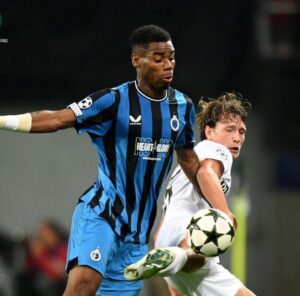
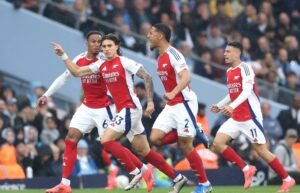
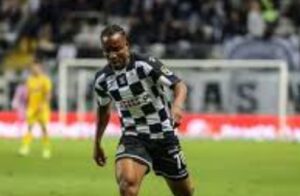
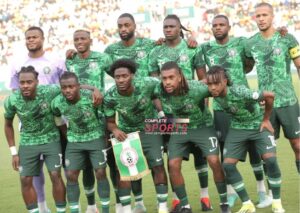
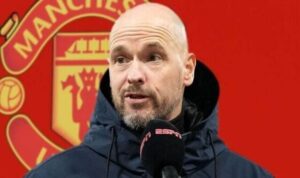
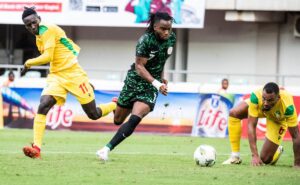
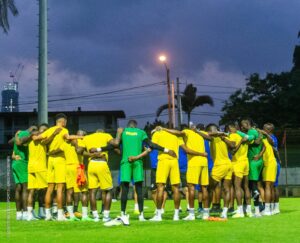

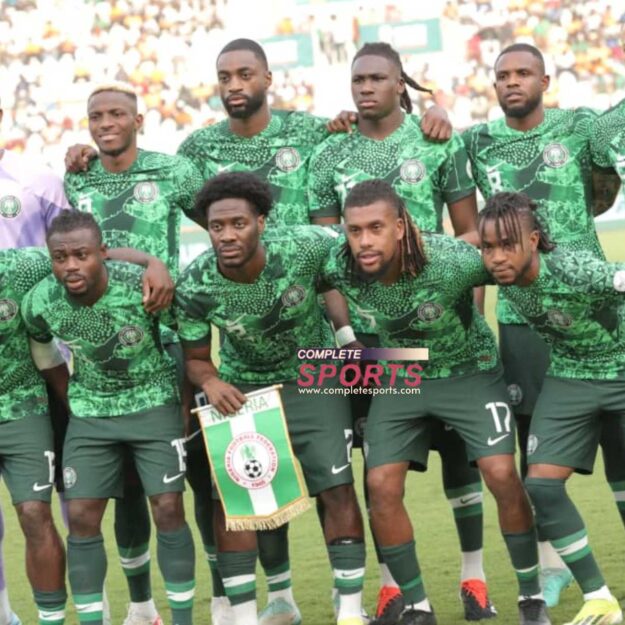


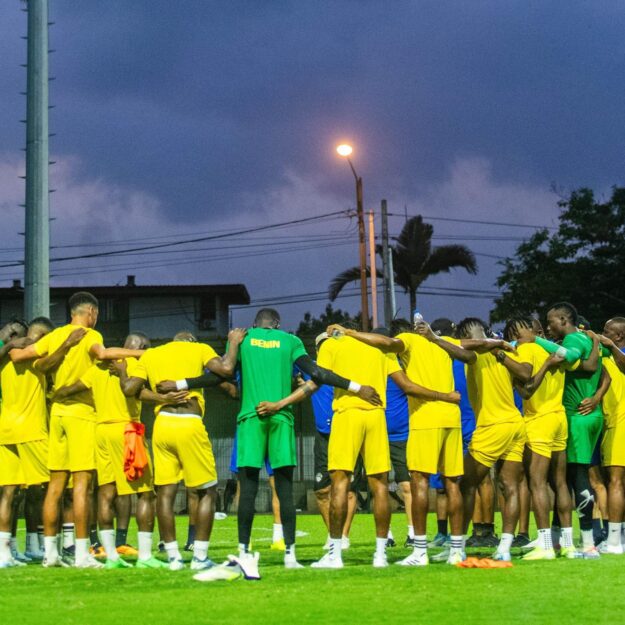
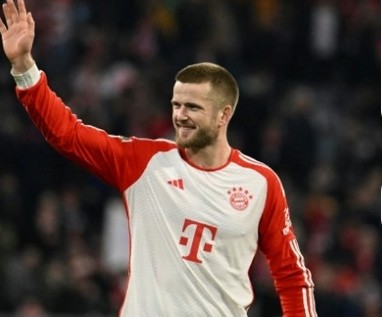
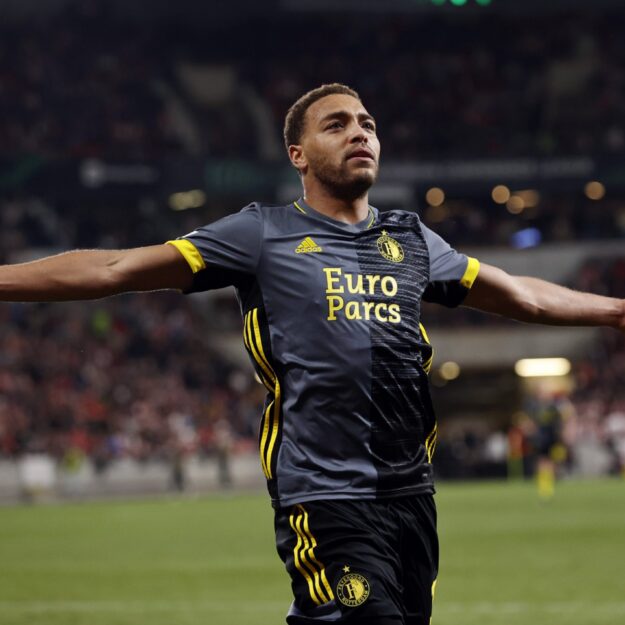
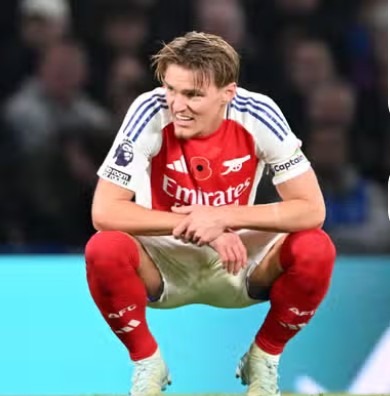
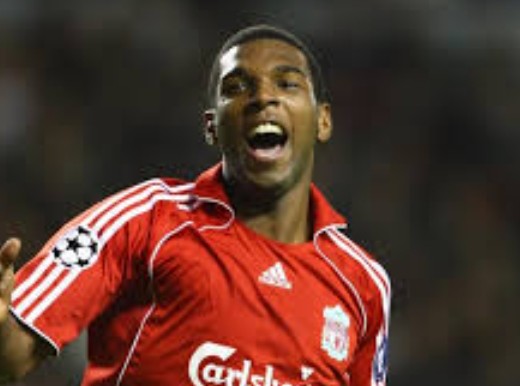
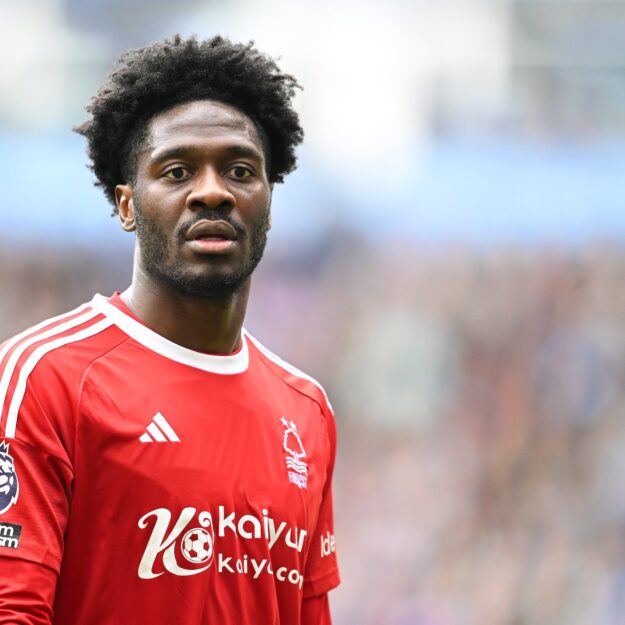
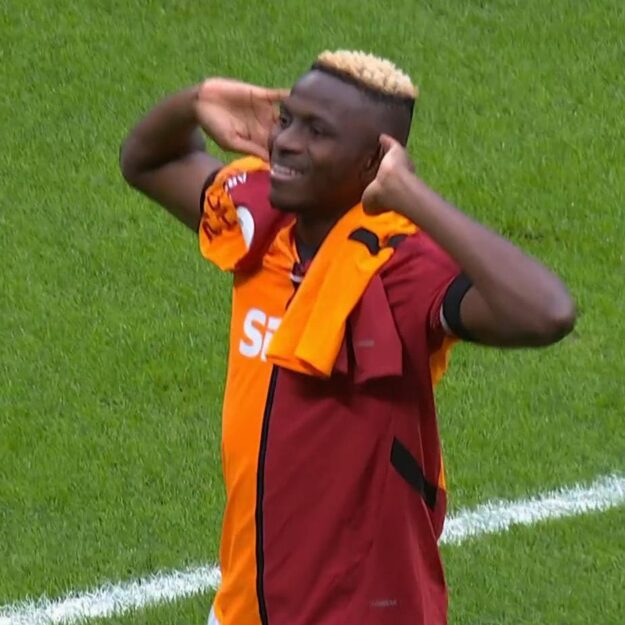

![American Pastor, David Wilson Seen Eating The Box Of Woman Who Isn’t His Wife [Video]](https://onlinenigeria.com/wp-content/uploads/2019/10/american-pastor-david-wilson-seen-eating-the-box-of-woman-who-isnt-his-wife-video-150x150.jpg)






![Two Nigerian Men Die Inside A Flight After Drugs They Swallowed Burst In Their Stomachs [Video]](https://onlinenigeria.com/wp-content/uploads/2019/09/two-nigerian-men-die-inside-a-flight-after-drugs-they-swallowed-burst-in-their-stomachs-video-150x150.jpg)


